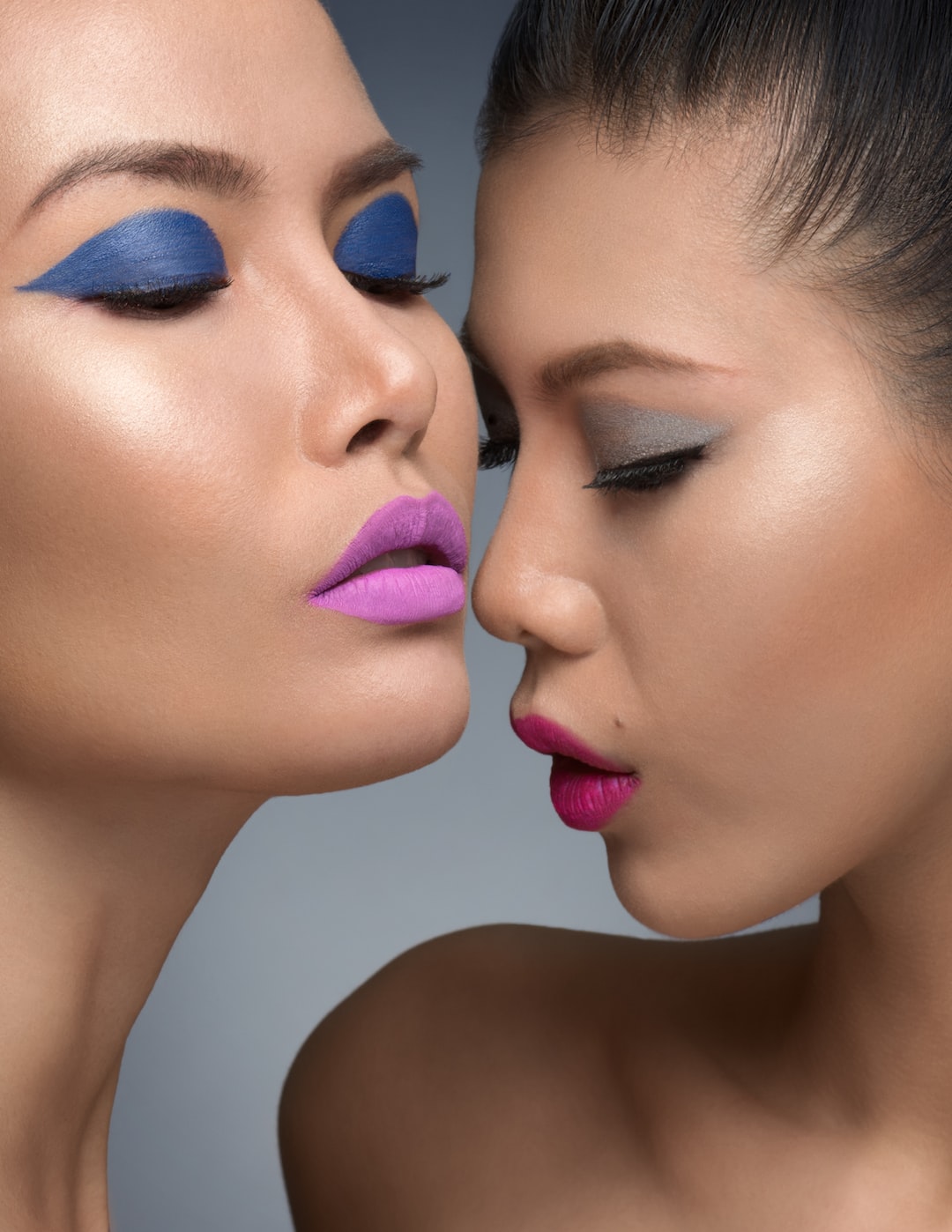Exploring the Benefits of Retinol in Your Skincare Routine
In the world of skincare, there are countless ingredients promising various benefits for your skin. One such ingredient that has gained immense popularity over the years is retinol. Known for its powerful anti-aging properties, retinol has become a staple in many skincare routines. But what exactly is retinol and why is it so highly regarded?
Retinol is a derivative of vitamin A and belongs to the family of compounds called retinoids. It is a versatile ingredient that offers numerous benefits for your skin. One of its main advantages is its ability to stimulate collagen production. Collagen is a protein responsible for maintaining the elasticity and firmness of your skin. As we age, our collagen production diminishes, which leads to the development of fine lines and wrinkles. By incorporating retinol into your skincare routine, you can help boost collagen production, resulting in smoother, firmer skin.
Another significant benefit of retinol is its ability to speed up skin cell turnover. Our skin naturally sheds dead cells and replaces them with new ones. However, this process slows down with age. Retinol helps accelerate cell turnover, allowing for healthier and more radiant skin. This can be particularly beneficial for individuals struggling with acne, as the faster turnover helps unclog pores and prevent breakouts.
Retinol is also a powerful antioxidant that helps fight free radicals. Free radicals are unstable molecules that damage our skin cells and contribute to premature aging. By neutralizing these harmful molecules, retinol helps protect your skin from environmental damage, such as UV rays and pollution. This antioxidant property also means that retinol can help reduce hyperpigmentation, uneven skin tone, and even signs of sun damage.
When incorporating retinol into your skincare routine, it is crucial to start slow and gradually increase the strength and frequency of usage. Retinol can be quite potent, and overuse or improper application can lead to irritation and dryness. Begin with a low concentration of retinol, such as 0.3%, and use it once or twice a week. As your skin adjusts, you can gradually increase the concentration and frequency.
It is important to note that retinol can make your skin more sensitive to the sun. Therefore, it is crucial to apply sunscreen daily and avoid excessive sun exposure while using retinol. UV protection is essential for maintaining the overall health and appearance of your skin.
Incorporating retinol into your skincare routine is relatively easy. You can find retinol in the form of serums, creams, and even oils. After cleansing and toning your skin, apply a pea-sized amount of retinol product to your face and neck. Gently massage it into your skin, allowing it to absorb fully. Follow with your regular moisturizer to lock in the benefits.
If you are new to retinol, you may experience a slight adjustment period characterized by mild peeling or redness. This is normal as your skin adapts to the ingredient. However, if you notice severe irritation or prolonged discomfort, it is best to consult a dermatologist for guidance.
In conclusion, retinol is a powerful ingredient that offers numerous benefits for your skin. By stimulating collagen production, accelerating cell turnover, and protecting against free radicals, retinol can help you achieve smoother, firmer, and healthier-looking skin. With proper usage and sun protection, retinol can be a game-changer in your skincare routine. Start slow, be patient, and embrace the transformative power of retinol for your skin.

